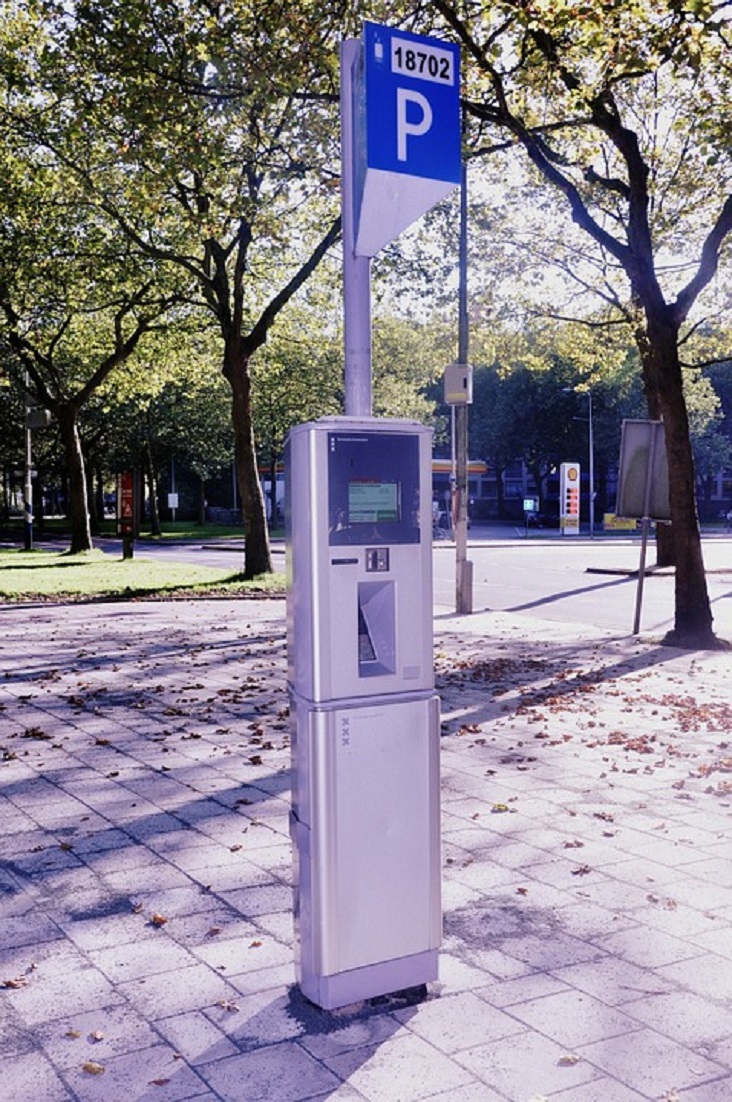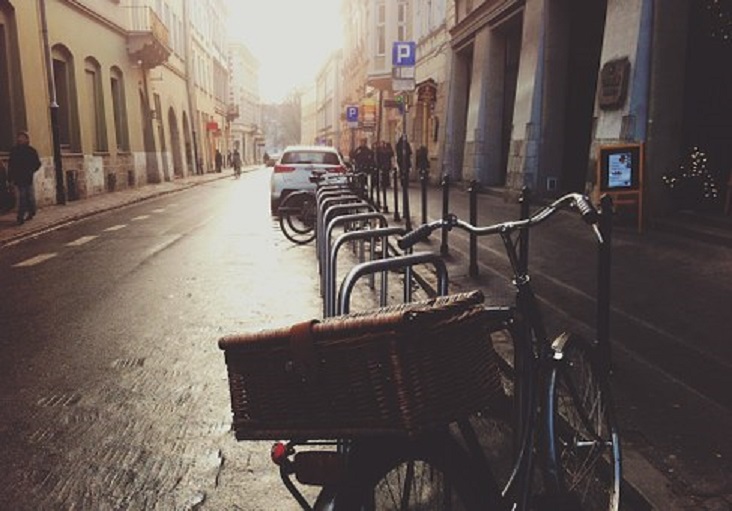Free is a very good price, right? In larger cities with more dense populations, the price of a space can become extreme, such as in New York, where a spot near City Hall breaks down to $25 a day, or $770 per month. That can be a half month’s worth of rent.
In Oklahoma City, which is less dense, the costs become more affordable, around $25 a month. If you live on the East or West coast, then your prices go up substantially. But why play the roulette wheel of cost when you can get a free space, right? That’s money in your pocket and funds towards more important things.

However, studies are showing that free parking isn’t free. Not only does in increase zoning difficulties and create additional costs for small business owners trying to open a shop, which harms how much they can contribute to the economy, but it has profound effects on the environment. The low cost of parking encourages more to purchase and use cars, which doubles emissions, congestion, and requires more land. To add to that, according to Michael Manville of UCLA, an abundance of free parking leads to more parking lots and less affordable housing.
But let’s face it. Having a car is nice. Not paying parking is nice, especially if the negatives don’t affect you personally. So let’s look at the hidden costs of free parking, which will take a strike at your bank.
Spaces Aren’t Always Available —Costing You Time and Gas
In a city with an abundance of free parking, such as New York, everyone is hunting for an available spot. Having to circle the block several times, waiting for a space to open up, or prowling further out in the city if you’re willing to walk back to save money, has a cost. That cost’s name is gas. Your car is still burning fuel and does so especially in tight streets, where you have to slow down and then speed up again. Additionally, the time you spend is time delayed from work or other obligations, which can add up to harming your performance report and job.

Parking Might be Free for You —But Not Your Friends
Some apartments offer free parking for the residents —with the hidden catch that visitors are not exempt. Since companies incur a cost for building a parking lot, which they won’t see a return on with residents, this inspires them to raise their prices for surrounding paid spaces. Nearby parking will also be expensive to catch these visitors, and if they’re not aware of the cost or the time limit, it can lead to a tow. However, by choosing an apartment that offers reasonably priced paid parking, the cost will drop from perhaps $770 a month where spaces can be found, to $100 a month for those in more convenient locations, according to Professor Donald C. Shoup, expert of urban planning at the University of California.
Limited Time Free Parking —Mess it Up and Get Towed
Free spots are finicky. Whether this is a random spot on the side of the street or the parking lot of a store, you think you’re saving money. However, many free parking spots on streets have a time limit, and if you’re not shopping at a store and are still parked there, you are in violation. In these cases, it takes a quick phone call to have your vehicle towed. Now you not only have to pay the fine of parking “illegally,” but have to invest in liberating your car from its high-fenced prison.
[tweetthis]Is Parking Really #Free? Find Out What This Article Has To Say About The Hidden Costs Of Parking![/tweetthis]
Higher Housing Costs
As mentioned above, when parking is free, it becomes an appealing locale for other buyers in the housing market, which makes finding quality housing difficult. But that’s not the half of it. Creating large parking lots requires a plethora of zoning difficulties, which raises the costs businesses and housing developers have to invest to get their foot in the door. After this, a great deal of land is required, which limits space for houses, making the cost of a home considerably higher. However, in places like Los Angeles, where there are fewer free parking spaces than New York, the price drops from a whopping monthly some to an easy $34 a year. Not only does free parking impact your bank in the little ways —it even affects where you live.

In the end, free parking isn’t free. While it may not require a swipe of your credit card, it does incur more long-term costs as well as headaches when you have to pull your car out of impound. Instead, the only free ways to get around are with a bike or by taking a good run.
